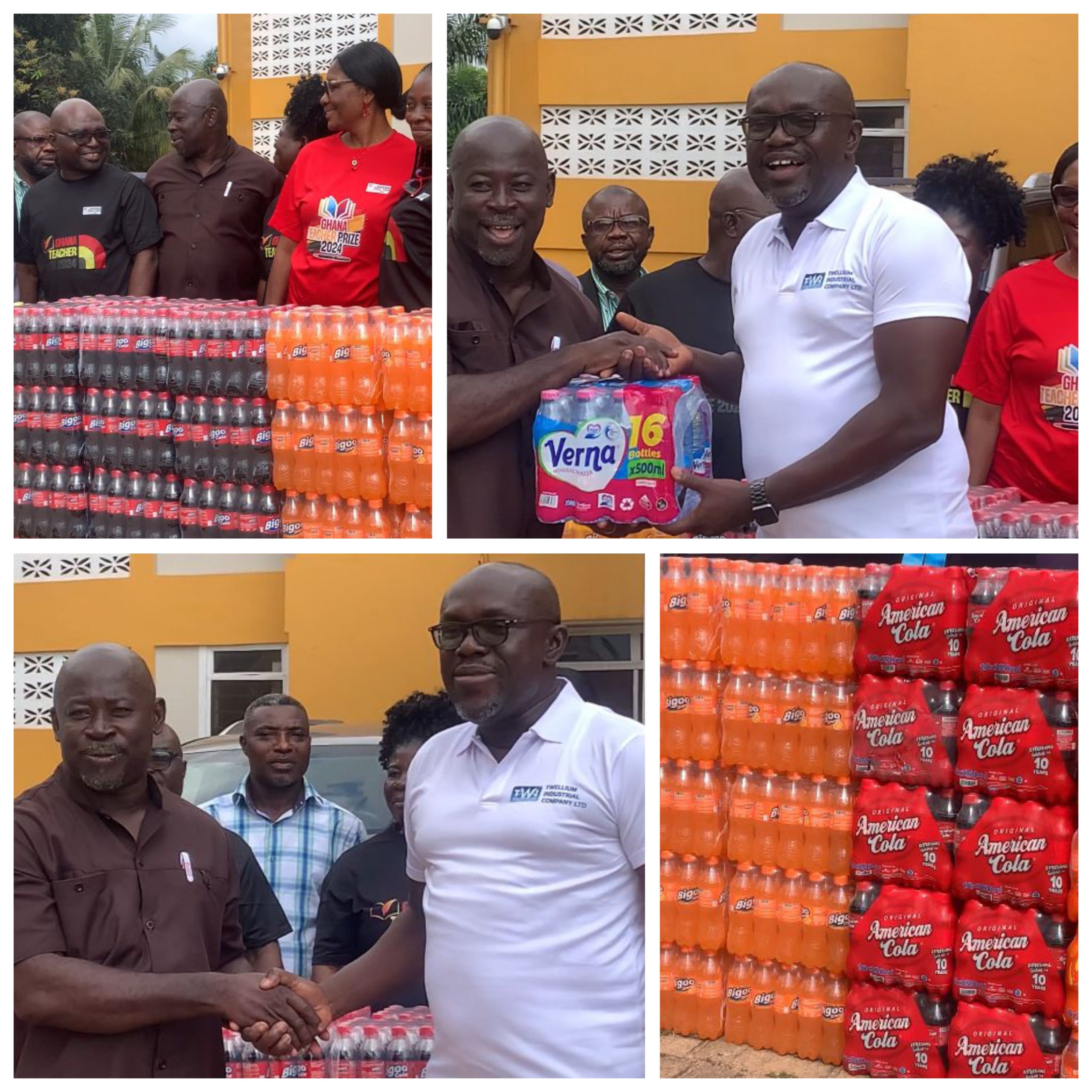Ghana Water Company to read meters with drones


Ghana Water Company Limited (GWCL) has launched a Drone Metering System to tackle challenges with monitoring of meters and billing of water supplied to Ghanaians.
The Managing Director of Ghana Water Company Limited, Ing. Dr. Clifford Abdallah Braimah, on August 10th, 2022, moderated the launch under the theme
“Accounting To Our Customers.” In his delivery, Ing. Dr. Braimah revealed that, during the testing phase, the drones released were able to read over 500 metres in a period of 15 minutes. “We are also happy to announce that we have just piloted the drone metering system. We have used the drone to take the metres and the record is fantastic. Within 15 minutes, we were able to read over 500 metres, “he said.
He, therefore, projected an effective reading of meters should a huge number of drones piloted be deployed to the respective communities in the country.
“Sometimes, when there is flood, you are unable to go and read (water meters), when there are other interruptions, you are unable to read. So what it means is that if they are widely deployed, we would be more efficient and the customers will have their bills as quickly as possible so they can plan to pay,” he added.
Delays in billing, non-billing, non-reflection of bill payments, and difficulty in monitoring meter readers, among others, are expected to be a thing of the past with the introduction of the Drone Metering System.
To ensure Ghana’s continued development, the government views a digitalized economy as its best path forward.
Meanwhile, the Ghana Water Company Limited has entreated the public to desist from illegal water connections and encouraged members to report citizens who engage in such illegal acts.
According to the company, the government is losing huge amounts of money due to illegal connections.
In June this year, over 20 houses in Chorkor, a suburb of Accra, had their water supply cut off due to illegal connections.

This comes after the Accra West branch of the Ghana Water Company Limited (GWCL) embarked on an exercise to clamp down on illegal connections in the country.
The inspection revealed that some residents had, among other things, tampered with metres and used suction pumps to interfere with water supply.





